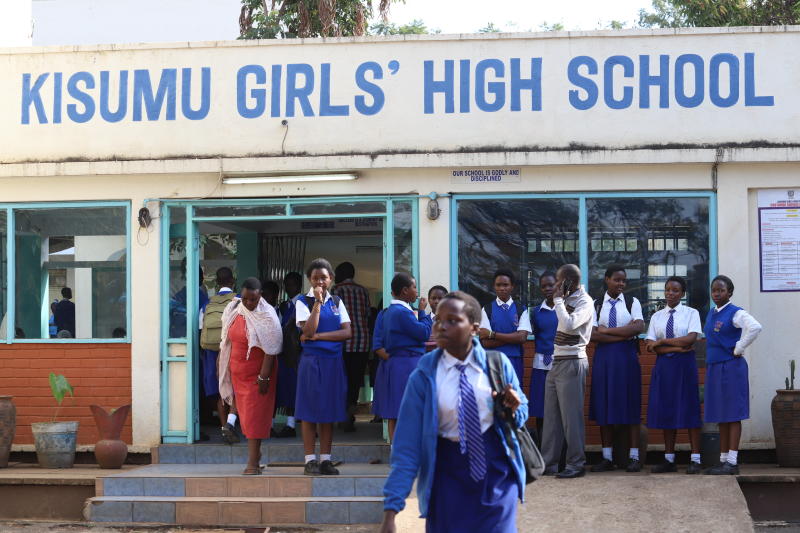
When in 2016 more than 100 schools countrywide were razed by fire, there was a ready explanation for it. The implementation of new, stringent policies by then Education Cabinet Secretary Fred Matiang’i, with a view to restore the dignity of the Kenyan education system that had gone to the dogs was not taken favourably in some quarters.
At the time, cartels had hijacked operations at the Kenya National Examinations Council, making a mockery of national examinations that came up for sale well in advance of national examination dates.